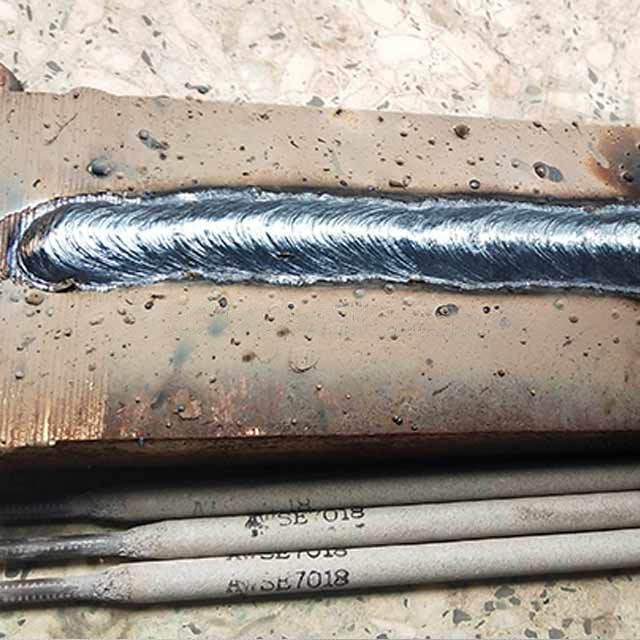Exploring the Innovations and Applications of Tubular Welding Wire in Modern Manufacturing Techniques
Tubular Welding Wire An Overview
Tubular welding wire is a specialized type of welding consumable that plays a crucial role in various welding applications, especially in industries such as construction, shipbuilding, and manufacturing. This type of welding wire is unique in its construction, consisting of a hollow tube filled with a powdered flux. The design of tubular welding wire offers several advantages over traditional solid wire, making it a popular choice among welders.
What is Tubular Welding Wire?
Tubular welding wire is a continuous, hollow electrode used primarily in gas-shielded and flux-cored arc welding processes. Unlike solid welding wire, which is a single piece of metal, tubular wire comprises a tube filled with a mixture of metallic and non-metallic compounds. During the welding process, the outer tube melts, while the filler materials provide necessary elements for the weld, such as alloying agents and slag-forming agents.
Advantages of Tubular Welding Wire
One of the primary advantages of tubular welding wire is its versatility. It can be used for both gas shielded and self-shielded welding processes. This flexibility allows welders to adapt to different environments and requirements. Additionally, the flux within the tubular wire helps protect the molten weld pool from atmospheric contaminants, ensuring a cleaner and stronger weld.
Another significant benefit is the increased deposition rate. Tubular welding wire generally allows for higher travel speeds, meaning that welders can complete jobs faster while maintaining high-quality welds. This rate of deposition is particularly beneficial in large-scale projects, where time and efficiency are paramount.
tubular welding wire

The variety of fill materials available for tubular welding wire also enhances its usability. Different combinations of alloying elements can be tailored to meet the specifications of certain projects and materials, allowing for greater compatibility with various base metals. For instance, there are types of tubular welding wires specifically designed for carbon steel, stainless steel, and other specialized alloys.
Applications of Tubular Welding Wire
Tubular welding wire is widely utilized in various industries, owing to its robust properties and flexibility. It is particularly effective in welding thick materials, making it ideal for industries like structural steel construction, where strength and durability are critical. The oil and gas industry also relies heavily on tubular welding wires due to the rigorous demands of welding pipelines and storage tanks, where the joint quality must withstand high pressures and corrosive environments.
Additionally, many shipyards prefer tubular welding wire for shipbuilding because it allows for faster welds, which is essential for meeting project deadlines. The ease of use and efficiency of tubular wires also makes them a favorite among welders in fabrication shops, where different types of materials need to be joined frequently.
Conclusion
In conclusion, tubular welding wire is an essential component in modern welding practices, providing unique advantages such as higher deposition rates, versatility, and the ability to create strong, clean welds. Its applications across various industries underscore its importance in fabrication, construction, and repair tasks. As technology advances, the development of new formulations and compositions of tubular welding wire will likely further enhance its performance and extend its applications. For welders and industries seeking reliability and efficiency, tubular welding wire is undoubtedly a valuable asset.
-
E71T-1 Shielding Gas for Gas Shielded Cored Wire Welding SolutionsNewsJul.22,2025
-
Premium Submerged Arc Welding Wire | Efficient Quality SolutionNewsJul.21,2025
-
Premium Solid MIG Welding Wire - Strong, Low-Spatter WeldsNewsJul.21,2025
-
E71T-GS Self-Shielding Welding Wire | Gasless Outdoor UseNewsJul.20,2025
-
E312 Welding Electrode - High Corrosion Resistance & All-Purpose UseNewsJul.20,2025
-
Best MIG Welding No Gas Flux Core Solution – Easy, Portable & Clean WeldingNewsJul.08,2025


